Fact Checked
| Bank | Savings Account | Base Interest Rate | Max Interest Rate | Total Interest Earned | Introductory Term | Minimum Amount | Maximum Amount | Linked Account Required | Minimum Monthly Deposit | Minimum Opening Deposit | Account Keeping Fee | ATM Access | Joint Application | Tags | Features | Link | Compare | Promoted Product | Disclosure |
|---|---|---|---|---|---|---|---|---|---|---|---|---|---|---|---|---|---|---|---|
0.05% p.a. Bonus rate of 4.95% Rate varies on savings amount. | 5.00% p.a. | $1,023 | – | $0 | $99,999 | $1,000 | $0 | $0 |
| Promoted | Disclosure | ||||||||
3.70% p.a. | 5.15% p.a. Intro rate for 4 months then 3.70% p.a. | $844 | 4 months | $0 | $249,999 | $0 | $1 | $0 |
| Promoted | Disclosure | ||||||||
0.00% p.a. Bonus rate of 5.00% Rate varies on savings amount. | 5.00% p.a. Intro rate for 4 months then 5.00% p.a. | $1,012 | 4 months | $0 | $99,999,999 | $0 | $0 | $0 |
| Promoted | Disclosure | ||||||||
4.50% p.a. | 4.85% p.a. Intro rate for 4 months then 4.50% p.a. | $933 | 4 months | $0 | $99,999,999 | $0 | $0 | $0 |
| Promoted | Disclosure | ||||||||
4.20% p.a. | 4.95% p.a. Intro rate for 4 months then 4.20% p.a. | $899 | 4 months | $250,000 | $99,999,999 | $0 | $0 | – |
| Disclosure | |||||||||
1.00% p.a. | 4.70% p.a. Intro rate for 3 months then 1.00% p.a. | $386 | 3 months | $0 | $99,999,999 | $0 | $0 | $0 | |||||||||||
2.50% p.a. Bonus rate of 0.00% Rate varies on savings amount. | 4.65% p.a. Intro rate for 3 months then 2.50% p.a. | $612 | 3 months | $0 | $99,999,999 | $0 | $0 | $0 | |||||||||||
0.20% p.a. Bonus rate of 0.00% Rate varies on savings amount. | 4.50% p.a. Intro rate for 4 months then 0.20% p.a. | $328 | 4 months | $0 | $99,999,999 | $0 | $0 | $0 | |||||||||||
2.80% p.a. | 4.35% p.a. Intro rate for 4 months then 2.80% p.a. | $668 | 4 months | $0 | $99,999,999 | $0 | $1 | $0 | |||||||||||
0.50% p.a. Bonus rate of 4.00% Rate varies on savings amount. | 4.50% p.a. | $919 | – | $0 | $99,999,999 | $50 | $1 | $0 | |||||||||||
1.60% p.a. | 4.30% p.a. Intro rate for 4 months then 1.60% p.a. | $503 | 4 months | $250,000 | $99,999,999 | $0 | $$formattedMinOpeningDep.format("%,d",$!{product.minimumOpeningDeposit}) | $0 | |||||||||||
1.00% p.a. | 4.30% p.a. Intro rate for 3 months then 1.00% p.a. | $366 | 3 months | $0 | $99,999,999 | $0 | $0 | $0 | |||||||||||
0.05% p.a. Bonus rate of 3.95% Rate varies on savings amount. | 4.00% p.a. | $815 | – | $0 | $249,999 | $10 | $0 | $0 | |||||||||||
0.15% p.a. Bonus rate of 4.40% Rate varies on savings amount. | 4.55% p.a. | $929 | – | $0 | $99,999,999 | $200 | $0 | $0 |
Stop guessing. Start saving.
Your savings account comparison sorted.
We hunt high-interest savings accounts – you claim the savings.
Whether you’re saving for a holiday or for a home, easily compare savings account interest rates and features.
We track the savings account market – so you don’t have to.
400+ savings accounts from 70+ banks updated daily. We're here to help you maximise your returns to reach your savings goals.
Your lender’s not gonna tell you about a better deal – but we will.
Monthly high-interest savings account deals and offers, handpicked by our experts.
What factors influence the interest rate on a high-interest savings account?
One of the most significant factors to determining the interest rate offered on a high-interest savings account is the provider itself. Banks partly rely on deposits (i.e. your money), to fund their daily operations, and depending on what their goals are, they might require more of it. To attract new deposits, they might raise their interest rates.
Another factor that influences the savings rates available to both new and existing customers is the cash rate set by the Reserve Bank of Australia (RBA). When the cash rate is lowered, interest rates tend to follow as financial institutions pass on these cuts to consumers, and vice-versa with increases to the cash rate.
Frequently Asked Questions
There are actually different kinds of ‘bank accounts’ you can have. The savings account is just one of them – another is a transaction account, which is usually linked to the savings account.
While savings accounts let you save money and accrue interest, transaction accounts allow you to spend and transfer money. When opening a transaction account, you’ll be sent a bank debit card, letting you ‘tap n pay’, withdraw money from ATMs, make online purchases, and so on.
Transaction accounts earn very little interest (if any at all) so it’s generally best to keep as much of your spare cash as possible in the savings account and only what you need to cover your daily expenses in your transaction account.
To find out if your savings account is paying compound interest, you will want to take a look at when the interest is paid and where. Interest that is paid monthly into your savings account will be compounded. If your savings account requires a minimum monthly deposit, any interest you earn generally won’t count towards that as the minimum monthly deposit requirements must be met with other funds.
The banks typically calculate interest on the daily closing balance. This is the equation for savings accounts: Daily closing balance x interest rate (as a percentage) / 365.
Compound interest is interest paid on the initial principal (the original sum of money you’ve invested, or the amount borrowed or still owing on a loan), as well as the accumulated interest on money you have invested or borrowed.
There are essentially three different components that work together to calculate your interest in a savings account: (1) the principal: the amount you have in savings, which increases with regular deposits, (2) the interest rate: savings accounts use compounding interest, which means both the principal and additional interest earn interest, and (3) time: how often interest is calculated and paid can have an impact on interest.
A joint savings account is an account held by two or more people. They’re commonly held by couples but not exclusively so: friends, family, housemates and business partners are all examples of people who can open a joint savings account.







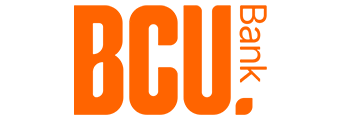


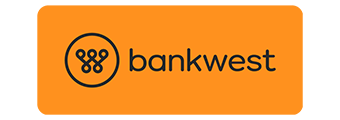
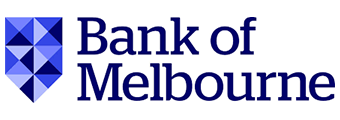

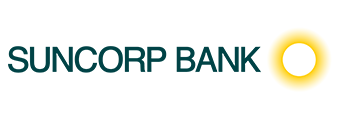

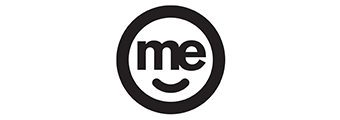

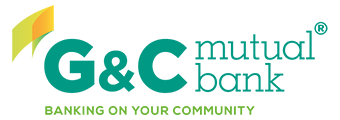
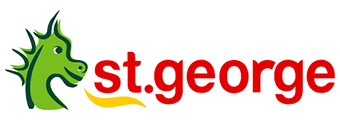
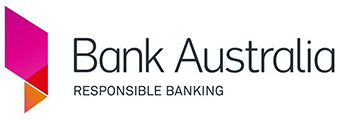
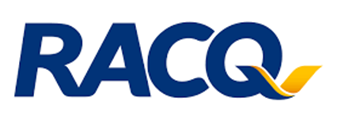

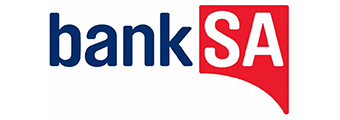

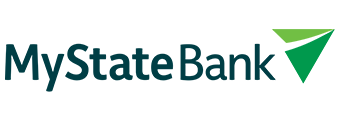
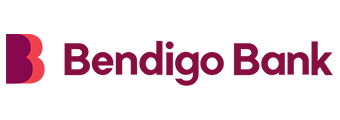

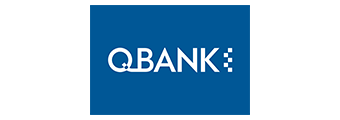


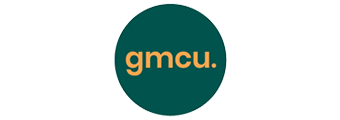
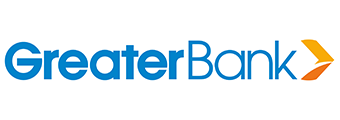
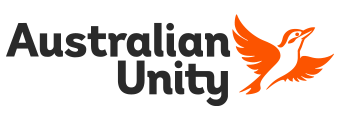






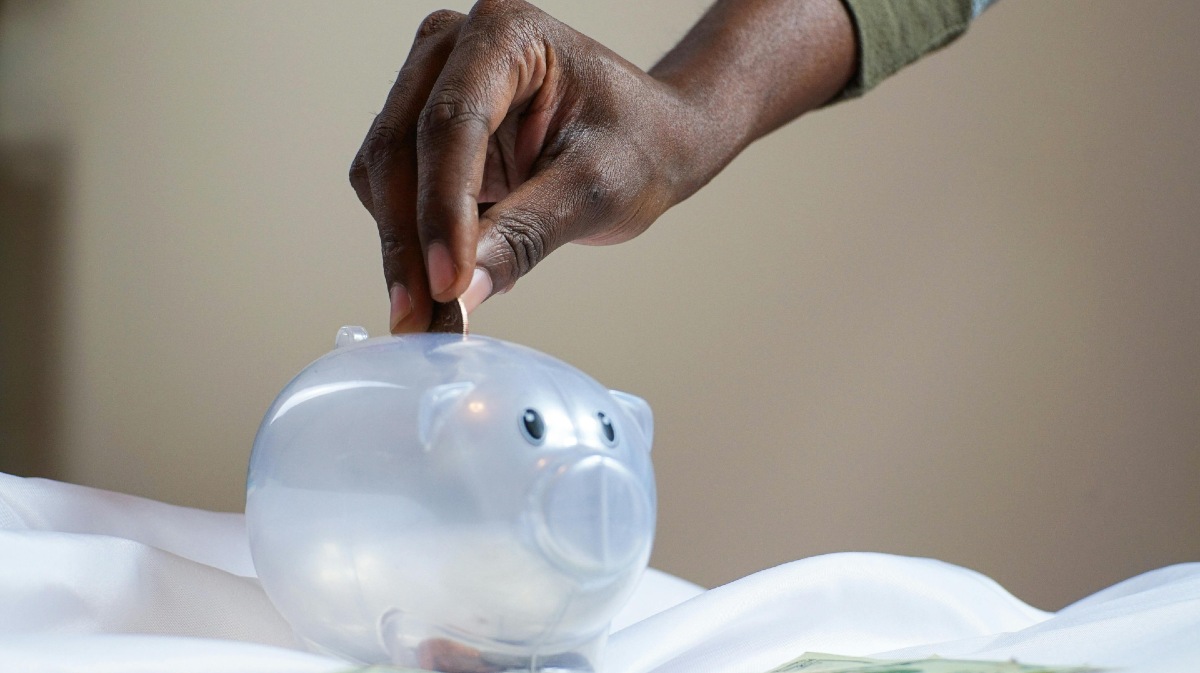





 Denise Raward
Denise Raward




